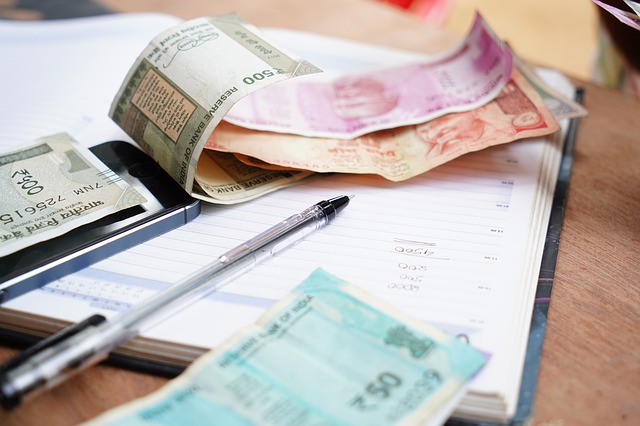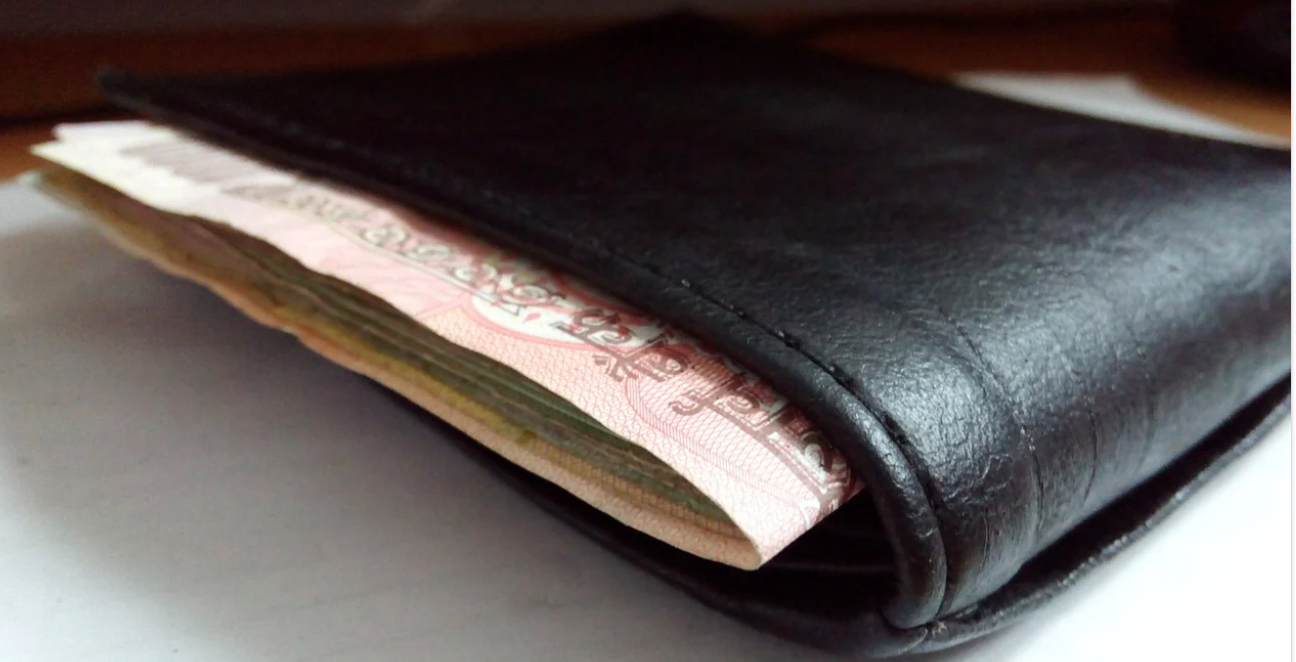By Priyanka Sambhav
When the going gets tough, the tough get going. The COVID19 pandemic has been that big bump which has unsettled our lives, so this situation demands some resettling. This would be an excellent time to reset and replan your finances. Let’s get started.
1. A MUST-Emergency Fund
The most important lesson that COVID-19 has taught us is that you should be prepared not just for rainy days but for cyclone days too. An emergency or a contingency fund – must be the first step for any financial plan and, you need to prepare yourself. Health crisis, slowdown, job loss and salary cut come unannounced. When you are in a tough situation, your topmost priority should be how to go out of it rather than worrying about the house rent or that pending credit card bill. It is wise to keep a separate emergency fund with 3-6 month expenses. You have to figure out all your expenses right from grocery to house help payment, school fees in the case of kids, EMI payment too if you have loans. Whatever goes out of your pocket in a month should be taken into account and multiplied by 6- that’s the amount that you should have as the always ready go-to fund in crisis. In an emergency fund, what matters is liquidity as in easy access to this money. So you can park this fund in your savings bank account, so you can withdraw it easily. You can also put this amount in a fixed deposit with a sweep-in account facility which allows you to push this money immediately to your account if the need arises.
2. Become the Chief Controller of your Money
You need a Little black book- it may not necessarily be black, it could be red white or yellow, but what matters is that you need to keep a record of all your expenses. Jot down every single bit of spending you do, every day, without fail. The first entry should be your salary and then where does the salary go? Whether its grocery, auto ride, friends, online shopping, popcorn, panipuri or just a chilling session with the gang. It’s crucial to know how much are you earning, how much are you spending and most importantly, where all are you spending. After you have figured the spending pattern, it’s easy to know which expense is a must and which ones can be avoided. By controlling the non-important expense, you will be doing a great favour to yourself and become a wise spender. If you think writing in a diary is a too old school, then there are many daily expense tracking apps which can help you in keeping track of your expenses. Control your money, and don’t let money control you.
3- Don’t let your saving sit but make it walk, run or maybe crawl for you!
Once you track your spending and control your over-spending, you will end up with savings. To savour this surplus saving, you need to invest it. Where to invest? It will depend upon whether you want your money to crawl, walk or run- the choice is yours. If you are the steady and slow wins the race types, and your risk appetite is low, then go for the crawl category. You can deposit your extra saving in a bank FD which will fetch you slow but steady return which could be anything between 4% to 7% – it differs from bank to bank and will depend upon the maturity tenure of your FD. Remember interest earned on FD is added to one’s income and taxed as per the income slab. You want your investment to walk and not crawl then putting your money in PPF could be a good idea, but PPF has a long tenure of 15 years. The minimum annual amount required is just 500, and you could invest up to 1.5lakh in a year. Your money is locked for 15 years, but no tax on its interest makes it attractive, but interest on PPF is reviewed every quarter by the government. Right now interest on PPF is 7.1%. Let’s come to the running part. Careful when you increase the pace chances of falling and getting hurt increases, but it does take you faster.If you want to get better and inflation-adjusted return be a brave-heart and prepare yourself for some risk. The risk here means that there could be chances of lower or even negative return, but if you stay invested for a longer time you will be able to sail through.. Equity Mutual funds could be a good option- wherein you are not putting your money in individual stocks but in a fund which is made up of a bunch of stocks. These funds are looked after by experts of asset management companies who track the stocks, and their main job is to make a fund with a combination of stock which will fetch good returns. You can start with a systematic investment plan(SIP) by contributing merely 1000 Rs in a month. Funds do see a dip when stock markets fluctuate as we saw in Coronavirus pandemic like situation, but you choose this investment category for a long haul and bad times are part and parcel. Various equity Mutual Funds over the last 5 years has given a return of 9-12 %.
4- Financial Weightloss
If this slowdown is going to be a marathon, you need to prep for a longer run. Lighter you are better you will run. Diet plan for making yourself light is simple- buy what you need, not what you want and spend only what you have. If loan giving company had it their way, they would start giving you a loan even for vegetable shopping. Limit your habit of buying things on instalment; pay up your loans; make your self debt-free. One debt at a time- make a list of all the loans and take a step by step approach to finish them. Say bye-bye to credit cards because it drives you to spend without thinking.
5- ‘The Latte factor
You need to spot the Latte factor of your life. Let’s say you like eating out, and in a month you end up eating out every weekend and spend about 3000 every time you go out. In a month 4 outing – that’s like 12,000 in a month on dining out. This, in a year, would amount to 1,44,000. If you limit this by say going out only twice. So monthly this expenditure would come to 6,000 and yearly you will be saving about 72,000 Rs. Eating out is that Latte factor that could be cut down and that saving can be used by you for some long term goal. If you invest this 6000 for 5 years in a financial instrument which gives you an interest of 9 % annually. Amount invested in 5 years Rs 3,60,00, with a wealth gain of 95,939 it becomes 4,55,939. Personal finance writer and expert David Bach has beautifully explained this formula in his book’ The Latte Factor’. Basically, you have to identify the unnecessary expense and cut it down







